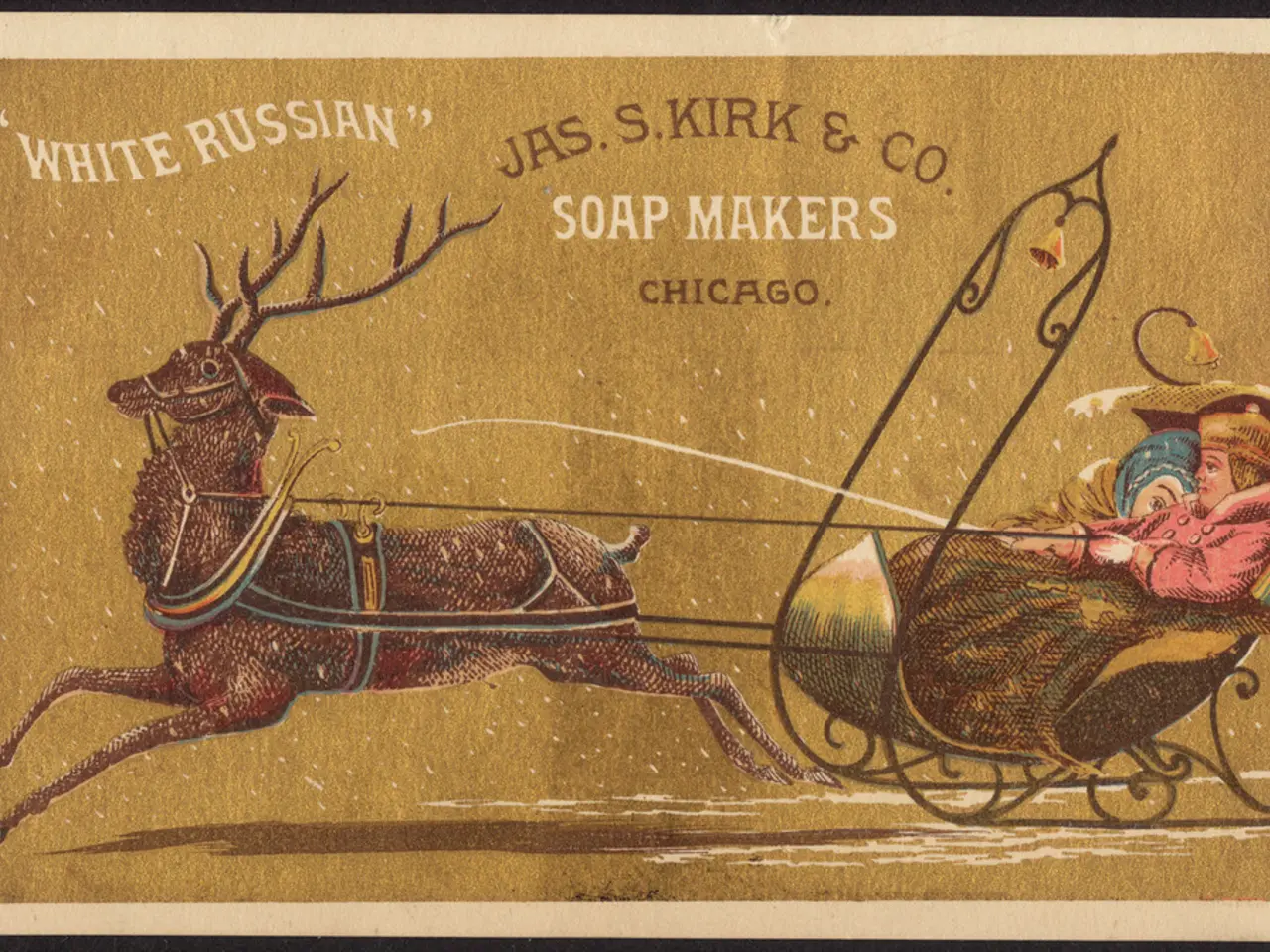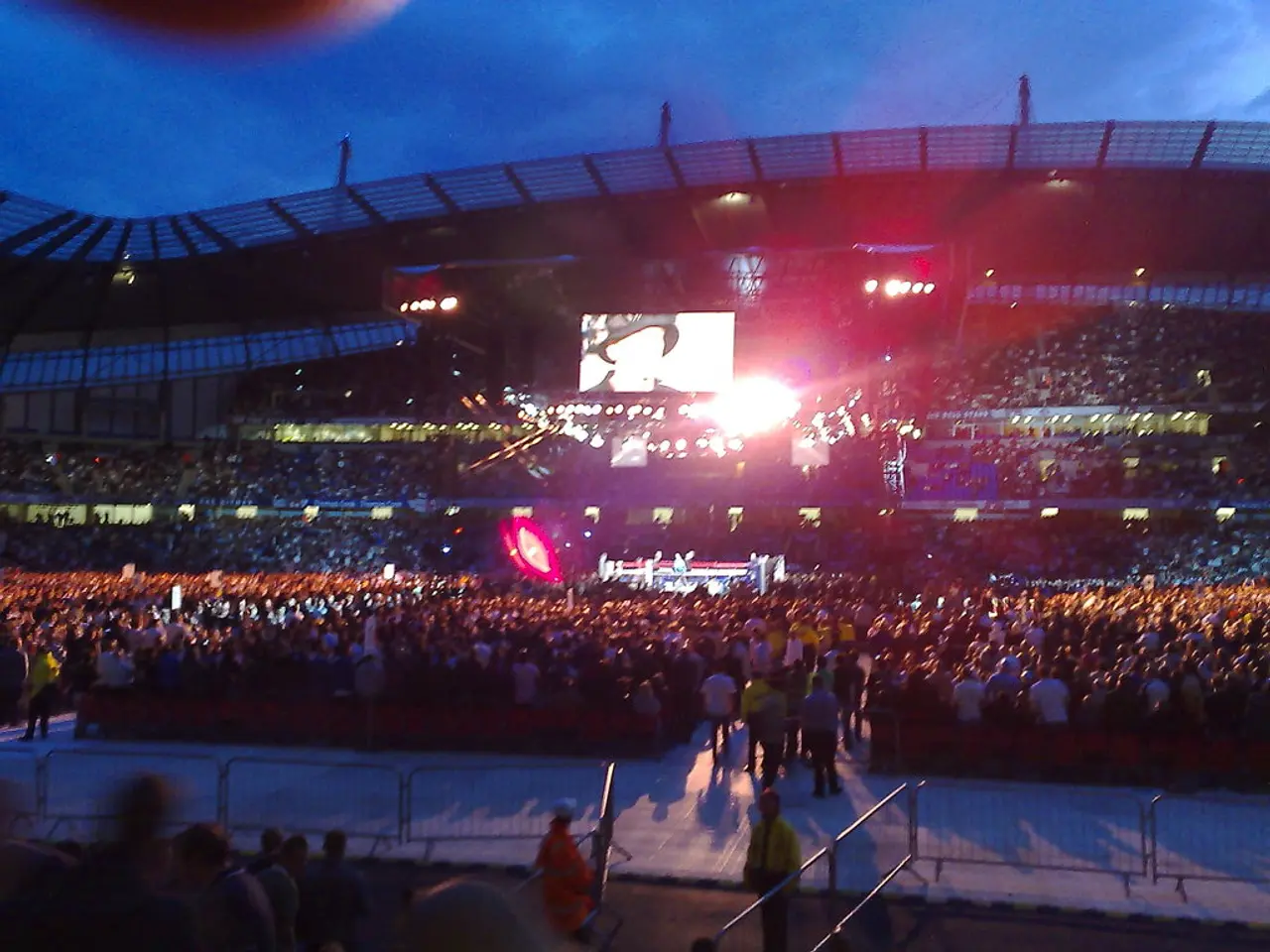Strategies for Devising an Effective Book Marketing Scheme
In the world of indie publishing, a clear, strategic approach to book marketing is essential for long-term success. Here's a comprehensive yet easy-to-follow framework that will guide you through the process.
Step 1: Define Clear Objectives and Measurable Goals
Start by outlining what you aim to accomplish with your book marketing. This could be increasing sales, building your author brand, or growing a loyal reader community. Translate these objectives into measurable goals, such as targeting a specific number of media mentions, social followers, or book reviews within set timeframes.
Step 2: Develop a Focused, Resonant Message and Positioning
Craft a simple, emotionally relevant message about your book that connects with your ideal readers’ self-image. Make it easy to understand and shareable so readers become advocates. This messaging should be consistent across your website, social media, and marketing materials.
Step 3: Build and Optimize a Systematic Marketing Plan with Ongoing Growth
Create a step-by-step marketing action plan involving foundational activities like contact list creation, website setup, network and media outreach, content publication, and scheduling promotions. Track your progress with analytics, refine messaging based on feedback, automate where possible, and scale successful tactics while cutting ineffective ones to sustain long-term growth.
Core Channels
For your core channels, consider email marketing, social media, book promotions, paid advertising, and outreach & collaborations. Each of these channels plays a crucial role in reaching your readers and building your author brand.
Preparation
Before diving into the core channels, ensure you've prepared well. Know your budget, know your reader, fix what's broken, understand the competition, define success realistically, and prep your promo assets.
Execution
Once you've defined your objectives, crafted your message, and prepared your plan, it's time to execute. Remember, marketing isn't about one tactic working; it's about testing, adjusting, and showing up again.
Outreach & Collaborations
Identify the top influencers, authors, podcasters, and reviewers in your space who could help amplify your work. A value-first pitch is suggested for reaching out to potential partners. Engaging with their work (commenting, sharing, reviewing) is also an important step in outreach.
Paid Advertising
Paid advertising can be scalable when done right. Amazon ads are best for nonfiction or tightly niched fiction, while Facebook ads are ideal for targeting broader fiction genres. Starting small and only scaling once a book is converting is recommended when running ads with only 10 reviews.
Book Promotions
Book promotions involve running limited-time discounts with promo partners. These should be run every 60-90 days, depending on your goals and catalog size.
The 80/20 Rule
Remember the 80/20 rule: 80% of your content should be value, connection, and personality, while 20% should be direct promotion.
Supplemental Tactics
Layering one or two supplemental tactics over time, such as giveaways, book bundles, or virtual events, can add reach and variety to your marketing mix.
Budgeting
Most indie authors allocate $50-$200/month for marketing efforts. Running small, ongoing ad tests is recommended for refining ads.
Measuring Success
Regularly check your metrics, revisit your audience, simplify, and ask for feedback if a plan isn't working. A simple 4-week book marketing plan might include a Freebooksy promotion, newsletter, social updates, $5/day Amazon ads, outreach to podcast hosts, a blog post, promo site submissions, follow-ups with Dream 100 contacts, and sharing reader review screenshots.
Maintaining Sustainable Rhythms
The most successful indie authors have built sustainable rhythms they can maintain over time, including regular emails, periodic promos, small ad tests, and ongoing relationship-building.
In conclusion, this framework offers a clear, practical approach to creating a long-term book marketing strategy. By following these steps, you'll ensure your book marketing is strategic rather than reactive, building lasting success over time.
- An indie author may partner with Rocket Publisher for book marketing, a move essential for long-term success in the independent publishing world.
- To boost the visibility and sales of her books, an author might consider Amazon ads as part of her marketing strategy, particularly for nonfiction or tightly niched fiction genres.
- Social media platforms play a significant role in a comprehensive book marketing approach, allowing indie authors to build relationships with potential readers, engage in discussions related to their books, and promote their work effectively.
- With a focus on building an author brand and growing a loyal reader community, a well-executed book marketing strategy could lead to an exciting lifestyle change, transforming writing from a hobby into a vibrant source of entertainment and income.







